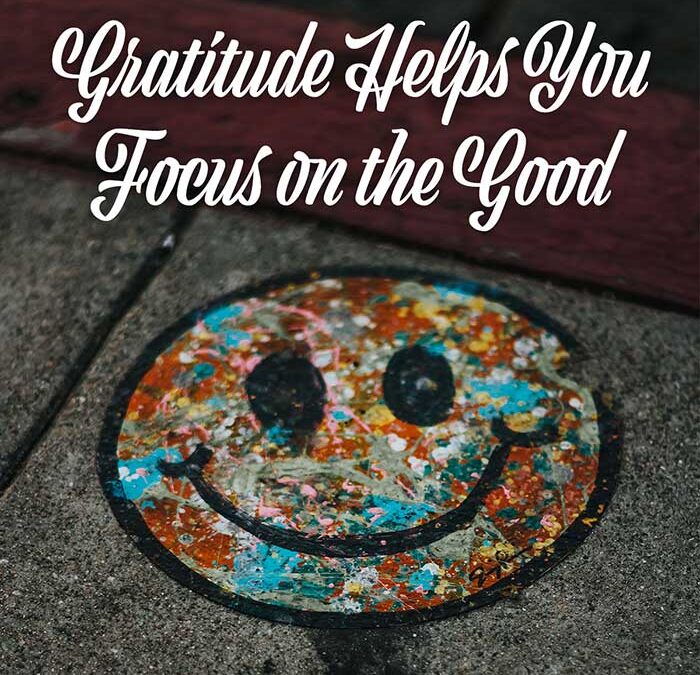
What Happens When We Don’t Focus on Gratitude?
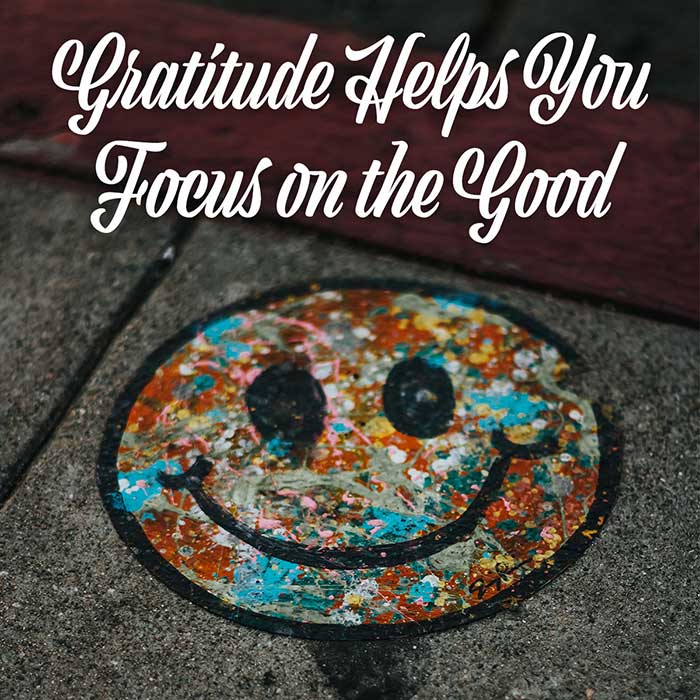 When some people think of gratitude, they think of the Thanksgiving holiday. But to focus on gratitude we must move the conversation beyond the annual holiday. It must be a way of life, which can have a deep impact on you.
When some people think of gratitude, they think of the Thanksgiving holiday. But to focus on gratitude we must move the conversation beyond the annual holiday. It must be a way of life, which can have a deep impact on you.
Just as gratitude can have a positive effect on you; refusing to express gratitude has a host of negative effects including these three problems…
First, without gratitude, you can experience poor self-image.
It might seem like a stretch to say that self-image can be boosted with gratitude. Truthfully, when you focus on what you don’t have, it’s easy to develop a poor self-image. We then compare ourselves to others and we always come out lacking. Gratitude allows us to be grateful for what we have right now- no matter what. It allows us to see the good in today.
We can tend to focus on what we do not have, maybe feel jealous of what others have, thinking how we are different, and do not match up to others. We focus on our flaws, lack and deficits, which leads us to a loop of negative thoughts. These negative thoughts increase the negativity towards ourselves: poor self-image.
Second, without gratitude there is difficulty with forgiveness.
I know that forgiveness is easier said than done. Bad things happen that are tough to get over and even tougher to forgive: car accidents, violence, name calling, others inflicting pain.
We tend to want the other person to “pay for what they have done.” Generally whatever consequence they get (if they get one) is not seen as enough to pay for the damage.
Ultimately, there is freedom for the person doing the forgiving, which helps them let the situation go and not let it eat away at them.
Third, without gratitude there is a negative mindset.
Paying too much attention to what you don’t have can create a negative mindset. We can tend to see that others have more than we do and feel jealous about it. This leads to us feeling negative.
The cure is to see what you already have as a blessing, because it is a way to turn the jealousy into more positive feelings and we are in the feeling of gratitude.
Finally, don’t allow negativity, bitterness, or poor self-image to keep you from living your best life!
Gratitude is a choice and it’s one you can make right now, no matter what’s happening around you. We can all think of how life is bad AND the change comes with the focus on what is right. I always tell myself: What I focus on grows. I chose the good!
Honestly, gratitude can change your whole life—find out how when you download your free Gratitude eBook and Journal! Get it now- here is the link
Kim McLaughlin, MA is a Counselor, Speaker, Podcaster, and Inspirational Coach who specializes in working with people who suffer from binge eating and emotional eating. She is a Certified Intuitive Eating Counselor. She is the author of the book Feed Your Soul Nourish Your Life! A Six Step System to Peace with Food and the Amazon #1 Best Selling book Discovery Your Inspiration.
You can find Kim on her podcast Feed Your Soul with Kim and you can find it on all podcast platforms.
Wondering if you are an emotional eater? Sign up for the free Am I an Emotional Eater Quiz.

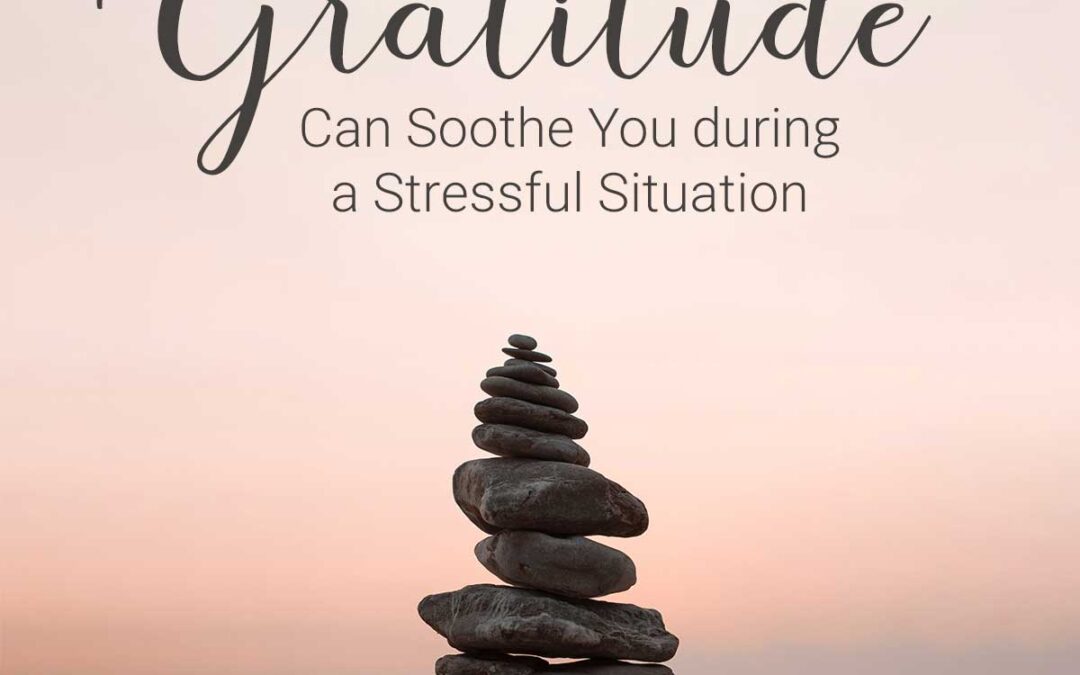
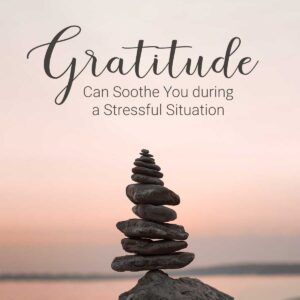
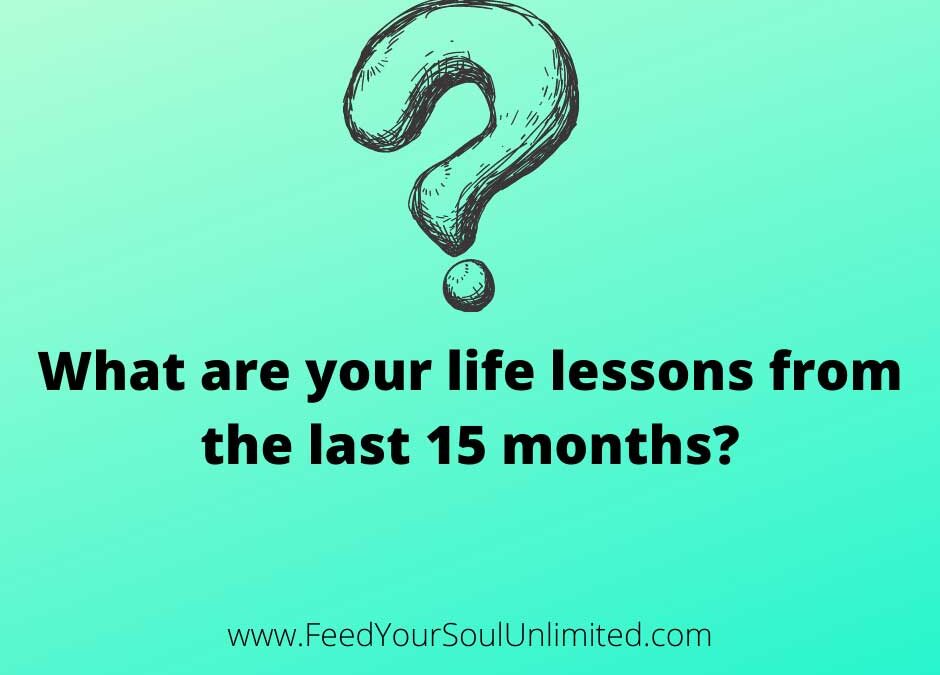
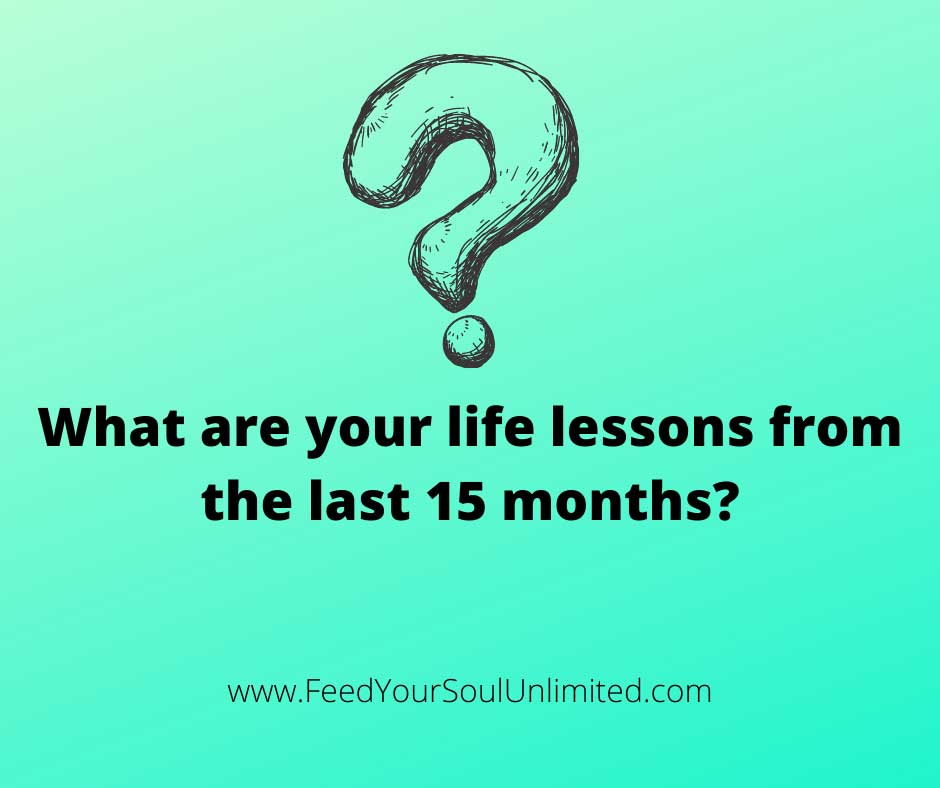
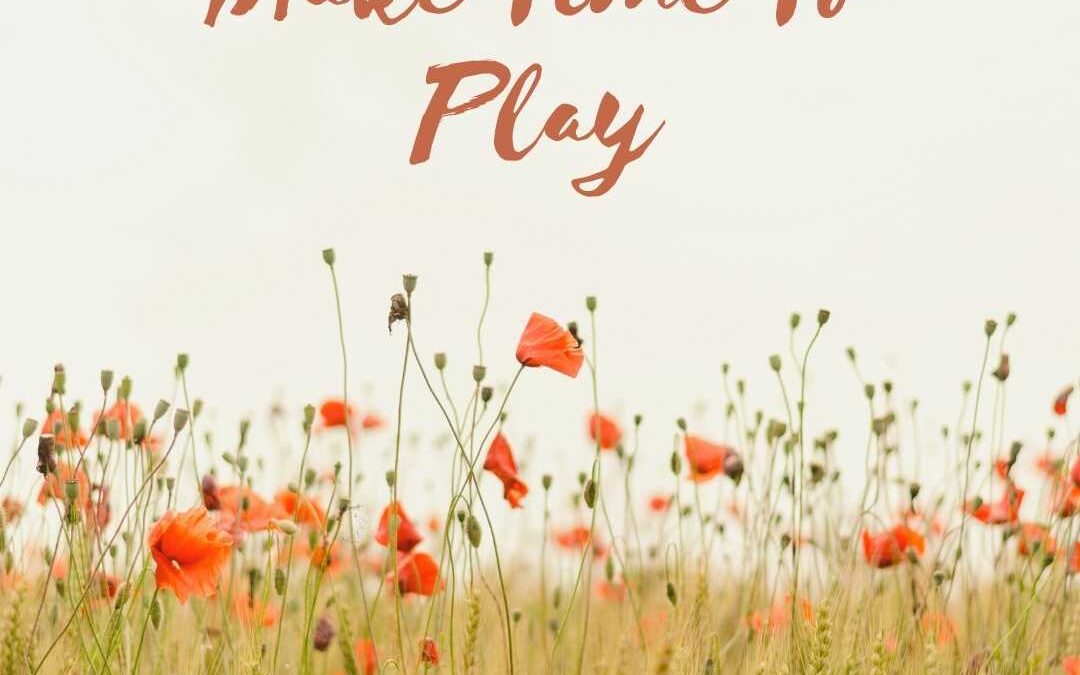
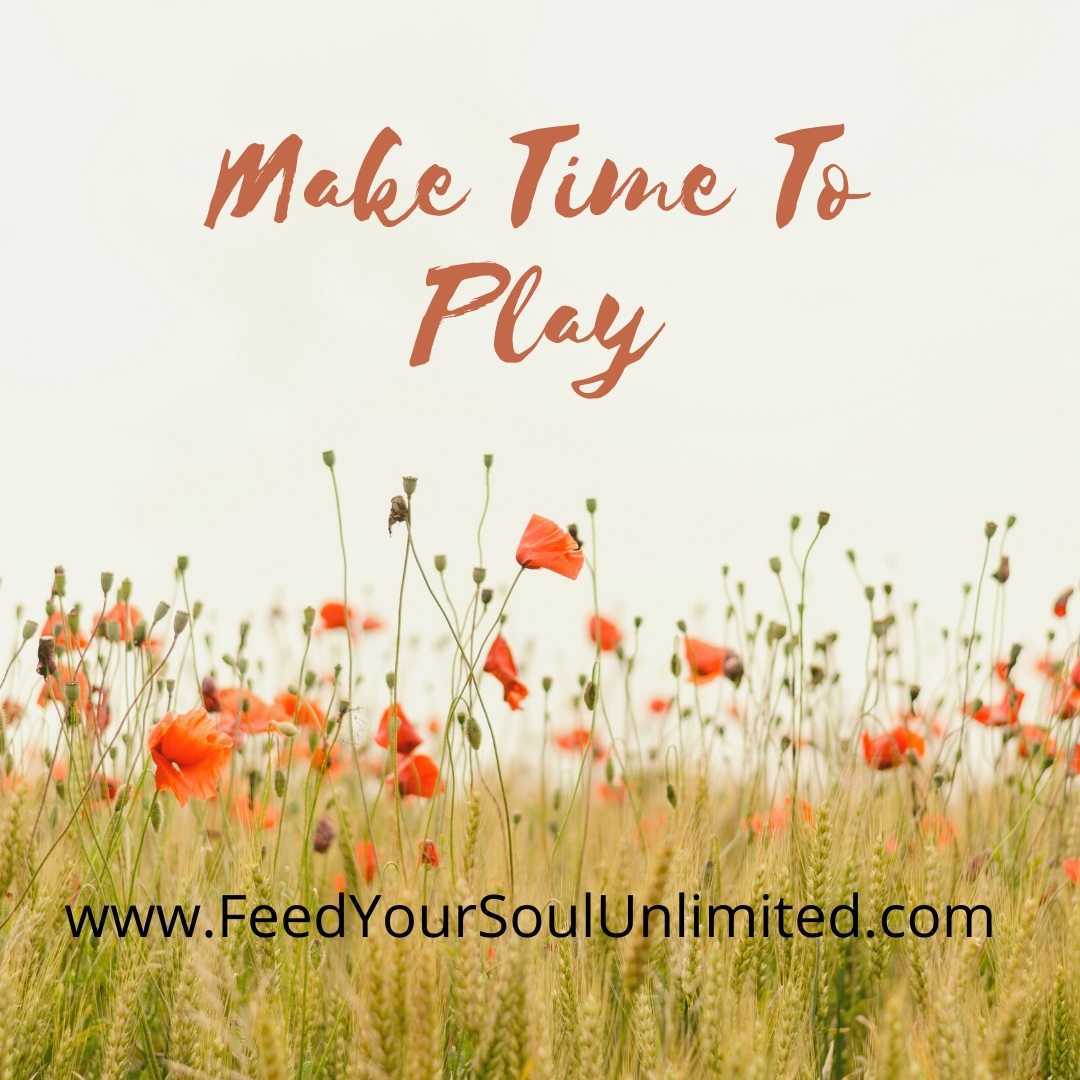
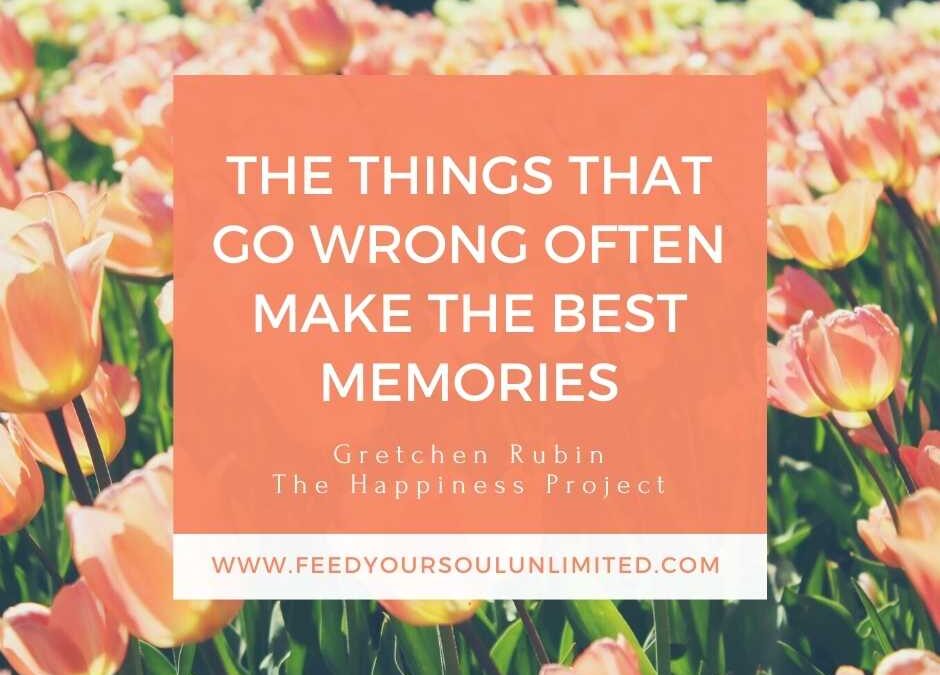
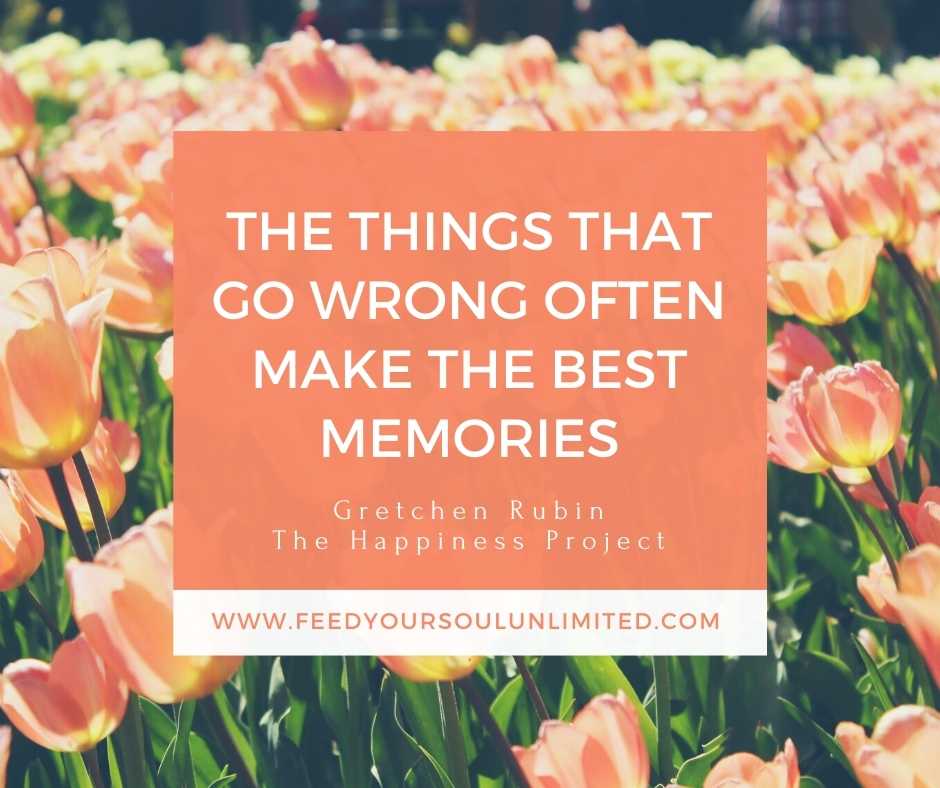
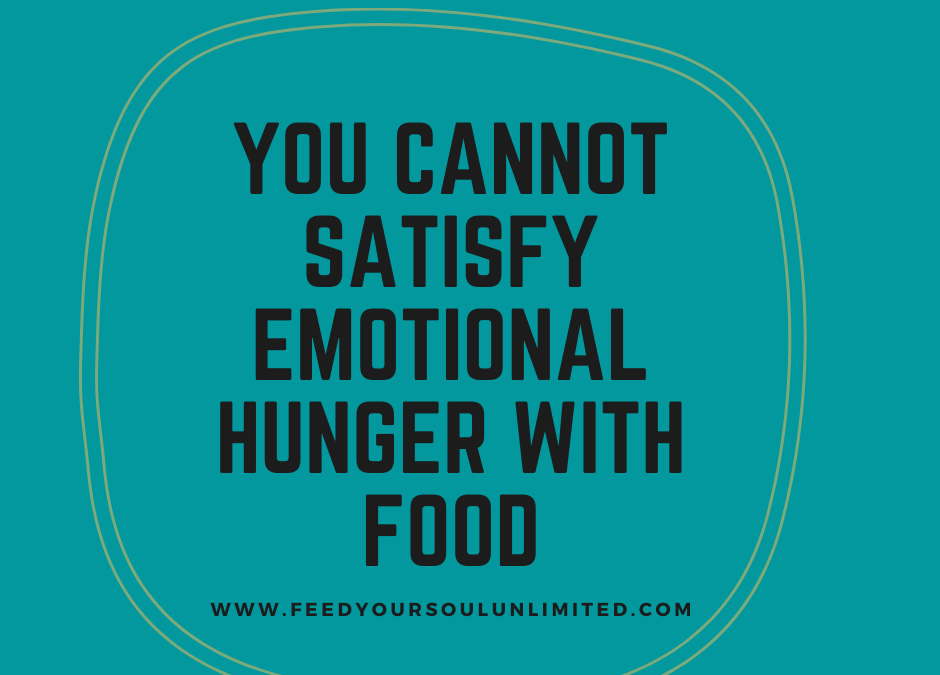
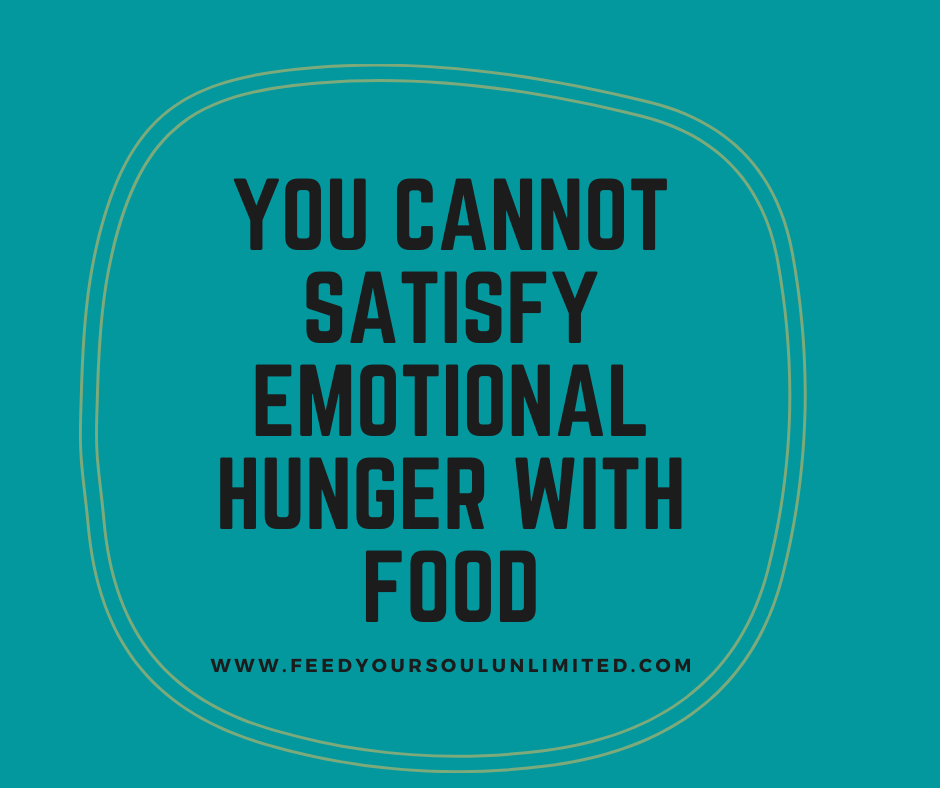 Interestingly, when I talk to people about emotional eating, initially they do not think they are an emotional eater.
Interestingly, when I talk to people about emotional eating, initially they do not think they are an emotional eater. 
